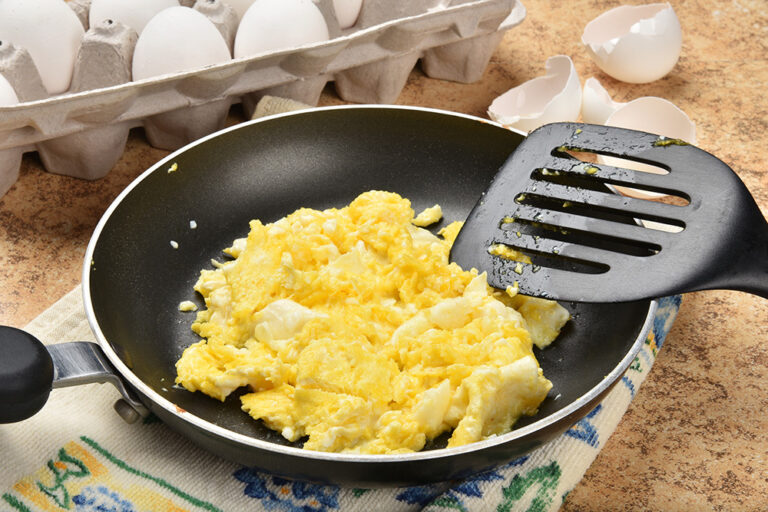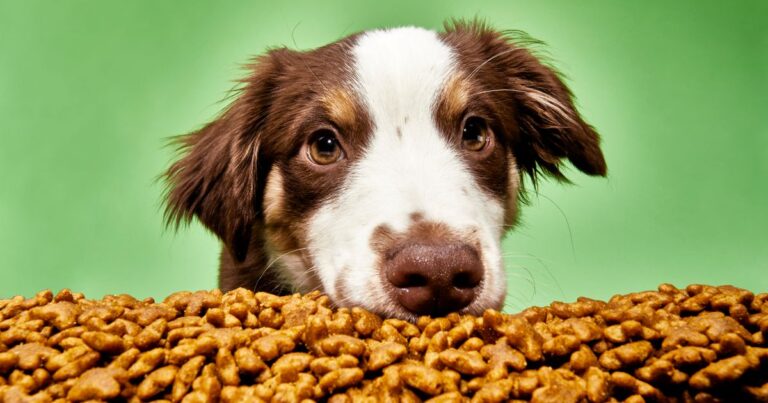Are you wondering if cantaloupe is good for your pup? If so, you’ve come to the right place! Read on to learn about the health benefits of cantaloupe for dogs and how to safely serve it as a snack.
Yes, Dogs Can Eat Cantaloupe in Moderation
While most dogs can benefit from a little cantaloupe in their diet, it is important to remember that moderation is key. Cantaloupe is high in sugar and can cause digestive upset if your pup eats too much. Make sure to feed it in small amounts and monitor your dog’s reaction, so you can adjust the amount accordingly. It is best to start slow and work your way up until you find the perfect balance for your pup.
The Benefits of Cantaloupe for Dogs
Cantaloupe is an excellent source of dietary fiber, vitamins B6, A, and C, niacin, folate, and potassium. It is also low in calories, making it a great snack for your pup. Not only is cantaloupe a tasty treat for dogs, but it also has several health benefits. The high water content can help keep your dog hydrated and the vitamins and minerals can help promote healthy cell function and reduce cell damage. Plus, cantaloupe is loaded with vitamin A and beta carotene which may improve your pup’s eyesight. All in all, cantaloupe can be a great snack every once in a while for your pup.
Canine Digestive System and Cantaloupe
The canine digestive system is designed to handle a variety of foods, including cantaloupe. This melon is full of antioxidants, beta-carotene, potassium, magnesium, and other essential vitamins and minerals that can help promote healthy digestion in dogs. Eating cantaloupe in moderation can help keep your pup’s gut healthy and balanced. However, it is important to make sure that you are feeding your pup the right parts of the cantaloupe to avoid any potential health hazards.
Common Health Hazards of Feeding Melon to Dogs
It is important to consider that cantaloupe is a high-sugar fruit, so it should not be fed in large amounts to dogs. Overfeeding can cause digestive upset, as well as weight gain and other health issues. Some breeds are more prone to this issue than others, so it is best to consult with your vet before introducing melon into the diet of your pup. Additionally, melon seeds can be a choking hazard for dogs, so all seeds should be removed before feeding the fruit. Finally, when introducing any new food to your pup, be sure to do it gradually in order to determine if there are any potential allergies.
What Parts of the Cantaloupe Can Dogs Eat?
Many dog owners may wonder what parts of the cantaloupe are safe for their pup to eat. The answer is that a dog can safely eat any part of the fruit, including the skin, flesh, and seeds. When feeding your pup cantaloupe, it is important to remove any seeds and pits as these can create a choking hazard and should not be swallowed. It is also important to make sure that the cantaloupe is fully ripe, as unripe melons can lead to stomach upset. Additionally, it’s best to serve small pieces of cantaloupe rather than large chunks, as this will help prevent choking.
Is Cantaloupe Good for Diabetic Dogs?
Cantaloupe can be a beneficial treat for dogs, but there is something to consider – it has a high sugar content. For diabetic dogs, this means that they need to be monitored closely while eating cantaloupe or any other sugary treat. If your dog has diabetes, it is best to avoid cantaloupe altogether and opt for lower sugar treats. If your dog is not diabetic but prone to weight gain, you should still exercise caution when offering them cantaloupe as a snack.
How Much Cantaloupe Can a Dog Have?
It’s important to remember that while cantaloupe can offer a variety of health benefits to your canine friend, it should still be consumed in moderation. Dogs should not be fed large amounts of cantaloupe at once, as it is high in natural sugar and can cause an upset stomach if consumed in large amounts. The amount of cantaloupe that can be safely consumed by a dog will depend on the size, age and health of the animal. It is best to consult with your veterinarian to determine an appropriate amount for your pet. It is also important to remember to remove the seeds and rind from the cantaloupe before offering it as a treat.

Tips for Feeding Your Dog Cantaloupe
When it comes to feeding your pup cantaloupe, moderation and caution are key. Since cantaloupe is high in sugar, it should only be given as an occasional treat and not as a regular meal. When introducing any new food to your pup, it’s best to do so gradually. Start by offering your pup small pieces of cantaloupe and monitor their reaction. If they seem to like it, you can then increase the amount you offer. Additionally, avoid feeding your pup the rind or seeds of the cantaloupe as they can be difficult for them to digest.

Signs of an Allergic Reaction to Cantaloupe in Dogs
It is important to know the signs of an allergic reaction to cantaloupe in dogs. Although it is not a common occurrence, dogs can still have an allergic reaction to cantaloupe. The most common signs are vomiting, diarrhea, red and itchy skin, and bright red gums. If your dog exhibits any of these symptoms after consuming cantaloupe, contact your veterinarian immediately.
Treating an Allergic Reaction to Cantaloupe in Dogs
If you think your dog has had an allergic reaction to cantaloupe, it’s important to seek medical attention immediately. Your vet will be able to assess the severity of the reaction and provide the necessary treatment. Treatment may include antihistamines, corticosteroids, or even epinephrine to reduce inflammation and alleviate symptoms. Depending on the severity of the allergic reaction, hospitalization may be necessary.








